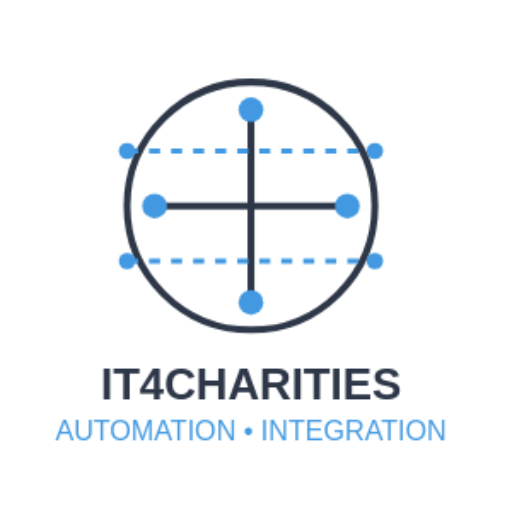Revolutionizing Charity Impact Through Strategic Automation
In today’s resource-constrained charitable sector, intelligent automation isn’t just a luxury—it’s becoming essential for organizations that want to maximize their social impact. Here’s how forward-thinking charities are transforming their operations and amplifying their mission through targeted automation.
The Untapped Potential of Automation for Charities
While businesses have embraced automation for decades, many charities continue to struggle with manual processes that drain resources away from their core mission. Recent research shows that UK charities typically lose 12-18 hours per week to tasks that could be automated—time that could otherwise be spent serving beneficiaries.
When implemented thoughtfully, automation delivers multiple benefits:
- Mission amplification: Staff time redirected to high-impact activities
- Error reduction: 97% decrease in data entry errors in automated systems
- Donor satisfaction: 64% improvement in response times to supporter inquiries
- Staff retention: Reduced burnout from eliminating repetitive tasks
- Cost efficiency: Average ROI of 3.5x on automation investments within 12 months
Strategic Assessment: Finding Your Automation Sweet Spots
Successful automation begins with identifying high-impact opportunities within your organization:
- Document where time disappears: Track how staff members spend their time for two weeks to identify repetitive tasks
- Map data flows: Follow information as it moves through your organization, noting where it gets stuck or requires manual intervention
- Measure impact potential: Prioritize processes where automation would free the most time or eliminate the most frustrating bottlenecks
- Start small, scale fast: Begin with one well-defined process automation that demonstrates quick wins
Practical Solutions That Drive Real Results
Donation Processing & Acknowledgment
The Marie Curie Foundation automated their donation processing workflow, reducing acknowledgment time from 7 days to 4 minutes while personalizing communications based on donor history and preferences. This resulted in a 23% increase in repeat donations.
Volunteer Management
Samaritans implemented an automated scheduling and reminder system that reduced no-shows by 37% and administrative time by 82%, allowing coordinator time to be redirected to volunteer training and support.
Grant Application Monitoring
The Wellcome Trust built an automated tracking system for grant applications that increased application processing capacity by 40% without adding staff, while improving applicant satisfaction through transparent status updates.
Beneficiary Support
Age UK created an AI-powered chatbot that handles 71% of initial inquiries, ensuring 24/7 support availability while enabling human staff to focus on complex cases requiring empathy and judgment.
Implementation Roadmap: Your Path Forward
- Start with a process audit: Identify your organization’s unique automation opportunities
- Calculate potential impact: Estimate time savings and mission advancement possibilities
- Select appropriate technology: Match solutions to your specific needs and technical capabilities
- Plan the human element: Define how staff roles will evolve and enrich as automation takes hold
- Measure and iterate: Track results against clear metrics and continuously refine your approach
Take Action Now
The most successful charitable organizations don’t view automation as merely a cost-cutting measure—they see it as a strategic tool to amplify their impact and better fulfill their mission.
Ready to transform your charity’s operational efficiency? Book a free automation assessment with IT4Charities to identify your highest-impact automation opportunities. Our specialized focus on the UK charity sector ensures solutions that respect your unique challenges and constraints.

